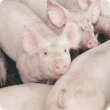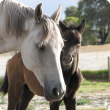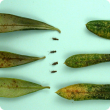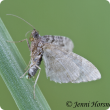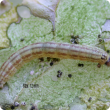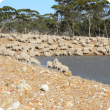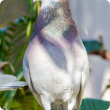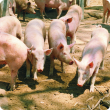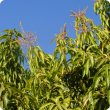Filter by regions:
- (-) Remove Mid West filter Mid West
- (-) Remove Perth regions filter Perth regions
- South West (193) Apply South West filter
- Great Southern (192) Apply Great Southern filter
- Peel (189) Apply Peel filter
- Wheatbelt (164) Apply Wheatbelt filter
- Goldfields-Esperance (155) Apply Goldfields-Esperance filter
- Gascoyne (147) Apply Gascoyne filter
- Kimberley (118) Apply Kimberley filter
- Pilbara (113) Apply Pilbara filter


